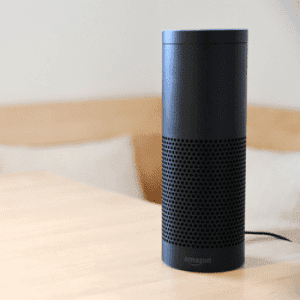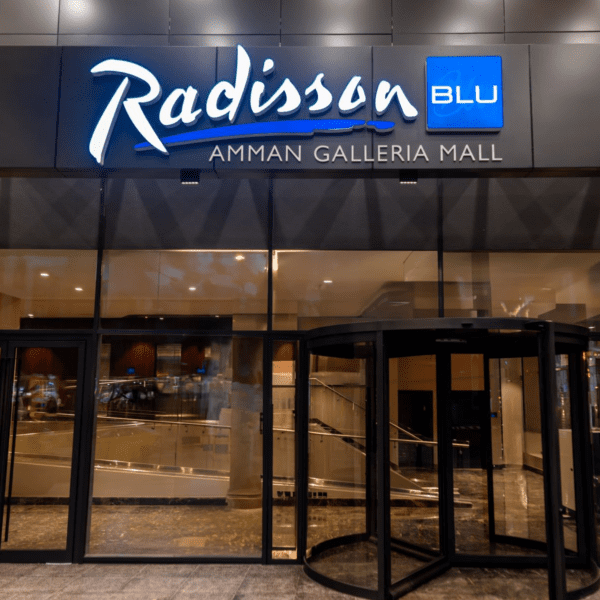 With sales of digital assistants projected to rise from 1.8 million to 15.1 million by 2020, it’s no wonder hotel businesses are beginning to pay close attention. But leveraging voice-activated search is going to demand a major content and SEO strategy shift from all businesses in the future.
With sales of digital assistants projected to rise from 1.8 million to 15.1 million by 2020, it’s no wonder hotel businesses are beginning to pay close attention. But leveraging voice-activated search is going to demand a major content and SEO strategy shift from all businesses in the future.
Digital assistants offer all kinds of voice-activated functionality, like playing music, streaming podcasts, making lists, setting alarms, and providing weather and traffic updates. The major benefit to users is the hands-free nature of it all.
But these powerful voice-command tools are actually designed to strike up a genuine two-way dialogue with users. Google Assistant, especially, has search at its core and with things quickly moving in that direction, we can expect to see a major shift in all our digital interactions. So, how should hotel marketers prepare themselves for this eventuality? What is actually going to change? Well, not to put too fine a point on it: everything.
Moving into a new era of search
Searching using a digital assistant is an interface-less process. There’s no keyword typing. No search engine results pages (SERPs). No lists of painstakingly search engine optimised content. There is no browsing or branding. There’s just the answer to the question asked.
Submitting a query to a digital assistant is conversational. Rather than “Oldest person ever”, the user asks “Who was the oldest person ever?” At which point the assistant replies “The oldest person ever whose age has been verified is Jeanne Calment (1875–1997) of France, who died at the age of 122 years, 164 days”. No matter how much more informative, creative, unusual, or life-changing than this response your content is… it’s no longer relevant. Not even if you’re number two for this search.
The truth is, however, that in the majority of cases, users are asking these devices simple questions that have a single answer. “How many pounds are there in a kilo?” “What will the weather be like on Sunday?” They’re too smart to be comparing flights or buying shoes through them. So, actually, SEO never really comes into play anyway.
But what if you run an eco-lodge on the island of Phuket in Thailand and the user asks, “What is the most sustainable, eco-hotel in Phuket?” While it may be clear to those in the know that your hotel strives for the highest levels of sustainability in the country, how do you tell the user if your voice has been muted by the far inferior but number one ranking result?
Ranking for digital assistants
There is no doubt that in the future, SEO is going to remain highly relevant—but just not in the way we’re used to.
What is actually happening when the digital assistant is asked “What is the most sustainable, eco-hotel in Phuket?”? It searches the web and delivers what it considers to be the most relevant snippet. Snippets are the text that accompany every search result listing and describe the page’s relevance to the searched phrase, showing words that exactly match the query in bold face. Featured snippets are those Google highlights at the top of a SERP that succinctly respond to the question asked in the query.
This is where it’s at for SEO in a voice-activated search world. The closer your snippet aligns with the actual query, the more likely you are to be considered most relevant and, therefore, worthy of being the answer.
So, think long-tail keywords and remember that your user is now using full sentences. You’re likely to lose search volume, but you’ll encounter less competition and your relevancy will shoot through the roof. A very specific writing style will be required here. And if you’re local hotel, BE a local hotel. Embrace it in every way you can. Local results are a major influencer in Google Assistant search rankings. Establish yourself and your property’s value as being locally relevant, and you can start aiming for that top spot.
And then you can get a little bit creative (aka promotional), too. Sure, your content should be crammed with information about your hotel, but don’t be afraid of a little sales talk. Imagine a couple wanting to connect with the natural Thai landscape on their upcoming holiday hearing the sultry tones of Alexa saying: “There really is no better place to sleep amongst the tree tops in Thailand, under a canopy of stars in your very own luxury eco-lodge than at Patong Rainforest Lodge.” Prepare to see your occupancy rates grow.
SEO for voice-activated search: new playing field
While hotel SEO is not dead, it is set to evolve. A hotel’s marketing goal with digital assistants is to cast a smaller net to reach a more direct audience. The trend in marketing is already about getting personal, creating a relationship, and winning trust. Nothing changes here. But the way you go about it is set to be turned on its head.
About the author
 Wayne Jasek is the Director of APAC Operations for Kentico. He specialises in helping hotels deliver exceptional online customer experiences that turn visitors into customers.
Wayne Jasek is the Director of APAC Operations for Kentico. He specialises in helping hotels deliver exceptional online customer experiences that turn visitors into customers.

















